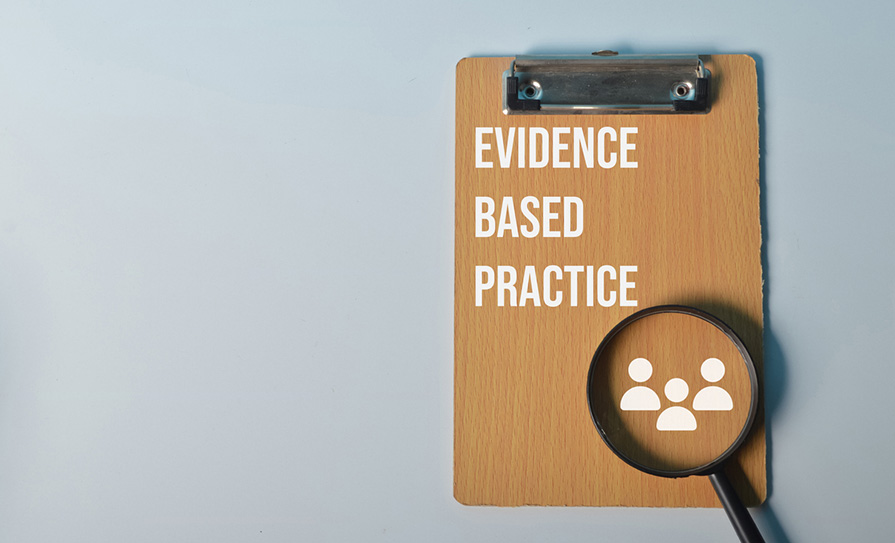
The evidence-base for several aspects of care provision for congenital adrenal hyperplasia (CAH) remains weak, according to Prof Nils Krone, Professor of Paediatric Endocrinology, University of Sheffield, UK.
Prof Krone delivered the Paediatric Keynote Lecture at the Irish Endocrine Society Annual Meeting 2023 on the subject of CAH management.
The well-attended meeting took place in the Radisson Blu Hotel, Ballincar, Co Sligo, on 24-25 November.
CAH develops due to an inherited inability to synthesise the hormone cortisol. The classic form, occurring in one in 14,000 to 18,000 of the population based on newborn screening, is defined by severely reduced or absent enzyme activity with impaired cortisol production manifesting clinically in the neonatal period.
The aims of CAH treatment are the replacement of missing hormones through glucocorticoids and mineralocorticoids and the normalisation of androgens/sex hormones. Treatment also aims to prevent virilisation and optimise growth and development, while protecting against comorbidities.
Prof Krone referred to the United Kingdom Congenital Adrenal Hyperplasia Adult Study Executive (CaHASE), which was established in 2003 to study the health status of CAH patients in adulthood.
According to the study, which had a cohort of 203 patients, only 10 per cent of adults with CAH appeared to be under the care of endocrine specialist centres in the UK.
“Treatment was highly variable and overtreatment was common,” Prof Krone said, summarising the findings.
The study found that quality-of-life was compromised to levels comparable with congestive heart failure and chronic haemodialysis patients.
He referenced other research which demonstrated that poor outcomes were linked with suboptimal treatment.
‘Health status of children and young persons with congenital adrenal hyperplasia in the UK (CAH-UK): A cross-sectional multi-centre study’ was published in the European Journal of Endocrinology in 2022.
A third of the patients exceeded the recommended dose range of 10-to-15mg/m2/day hydrocortisone equivalent, according to the study.
The study, which had a cohort of 107 patients aged between eight and 18, showed an increased prevalence of problems with growth and weight gain in CAH children and a reduced quality-of-life. It also found 10-to-15 per cent of patients required urgent psychological support.
Prof Krone told attendees there were currently no data indicating the superiority of specific monitoring strategies in relation to outcomes.
He said the approach to hormone replacement therapy should be individualised, “ideally based on the patient’s hormonal profile throughout the day in relation to medication.”
In conclusion, Prof Krone stressed the danger of overtreatment and the importance for patients to receive the correct dose at the correct time of the day.
“Treatment can be optimised by strategies replicating physiologic secretion patterns,” he said.
Prof Krone said more reliable biomarkers for monitoring and comparison of monitoring strategies were required.
Given the impact of CAH on mental health, dedicated psychology support should also be part of care packages.
Prof Krone is in the process of establishing CaHASE2 with colleagues.
It aims to answer several important questions in relation to corticosteroid replacement, metabolic co-morbidities, blood pressure, bone health, as well as psychological health for patients with CAH.





Leave a Reply
You must be logged in to post a comment.